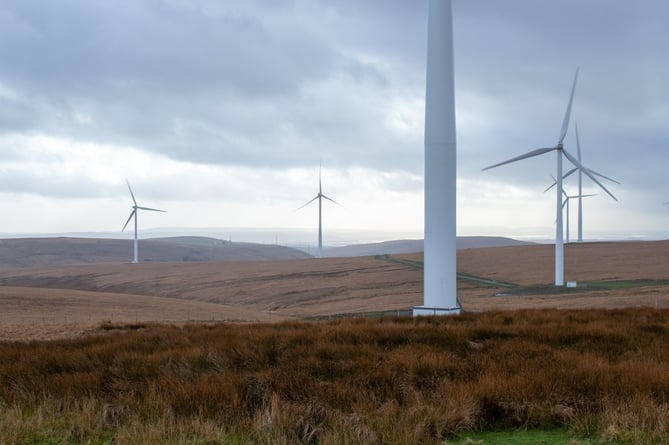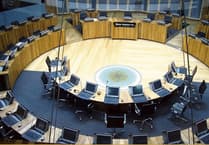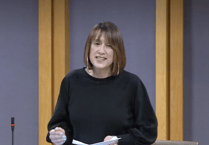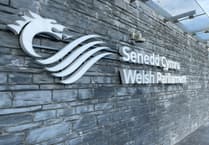The building of renewable energy projects should not be at the expense of Wales’ rural communities, an MS has warned.
James Evans, who represents Brecon and Radnorshire, said large-scale wind farms and pylons threaten Wales’ breathtaking landscapes and tourism industry.
Despite his concerns, Mr Evans said he recognised that green energy is crucial to a sustainable future.
He said: “We can’t ignore the potential harm that these projects can inflict on the very communities they’re supposed to help.
“Imagine this: you wake up to the consistent sound of a hum of a turbine blade. Some residents have described this sound as similar to a plane consistently being overhead.
“This isn't science fiction – it is the reality for many living near wind farms.”
In the Senedd, Mr Evans highlighted a study that found a statistically significant negative impact on property values near onshore wind farms.
Mr Evans said the most concerning aspect is a feeling of voicelessness among residents “who are battling against big corporations like David and Goliath”.
“Many communities fear that they have little say in the decision-making process surrounding windfarm development,” he said.
“Consultations, if they happen at all, can often feel like a mere formality. “
Cefin Campbell, for Plaid Cymru, said his party has no objection to onshore renewables but Wales must question the size and scale of wind farm proposals.
He raised concerns about a “green rush” with developers proposing to build pylons criss-crossing Powys, Ceredigion and Carmarthenshire.
Russell George, the Conservative MS for Montgomeryshire, similarly argued against the “over-proliferation” of wind farms.
Jeremy Miles told the chamber the Welsh Government wants to see a fair transition, which strengthens the economy, creates jobs and supports social change.
Wales’ new economy secretary emphasised that energy is crucial to the economy, with a target of 100 per cent of electricity coming from renewable sources by 2035.
Mr Miles reassured MSs that the planning process is rigorous, robust, transparent and, critically, affords opportunities for community engagement.
He said: “Communities will be heard and decisions will be made balancing the climate emergency and the needs of communities for the long term.”




